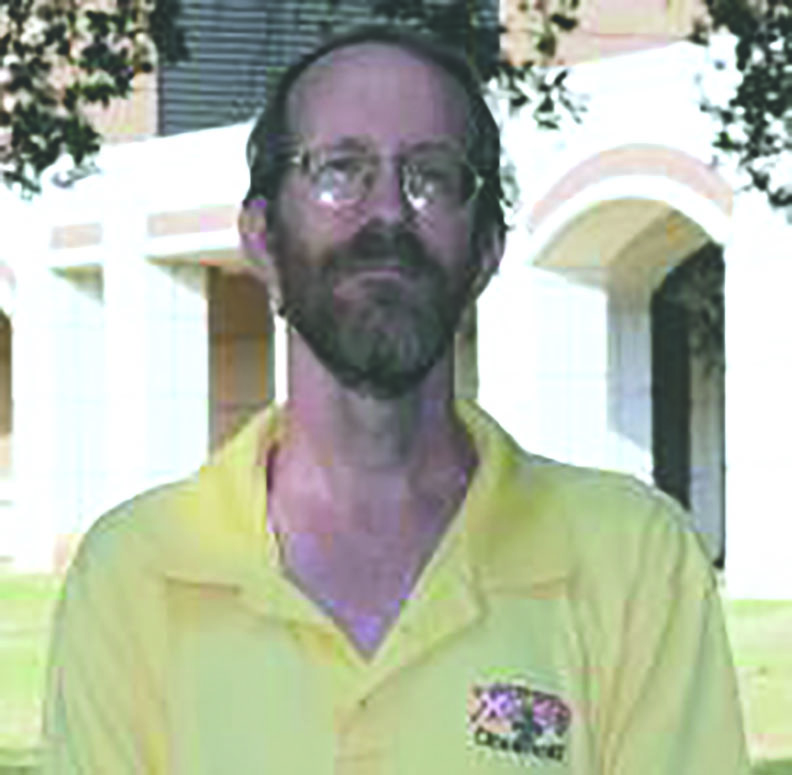412
If we needed any reminder why Texas outpaces Louisiana in so many ways, witness how the Lone Star State last week mooted a bad decision by the Louisiana Public Service Commission made in part by northwest Louisiana’s Foster Campbell.
In June, th
La. dodges bullet on Wind Catcher
previous post


